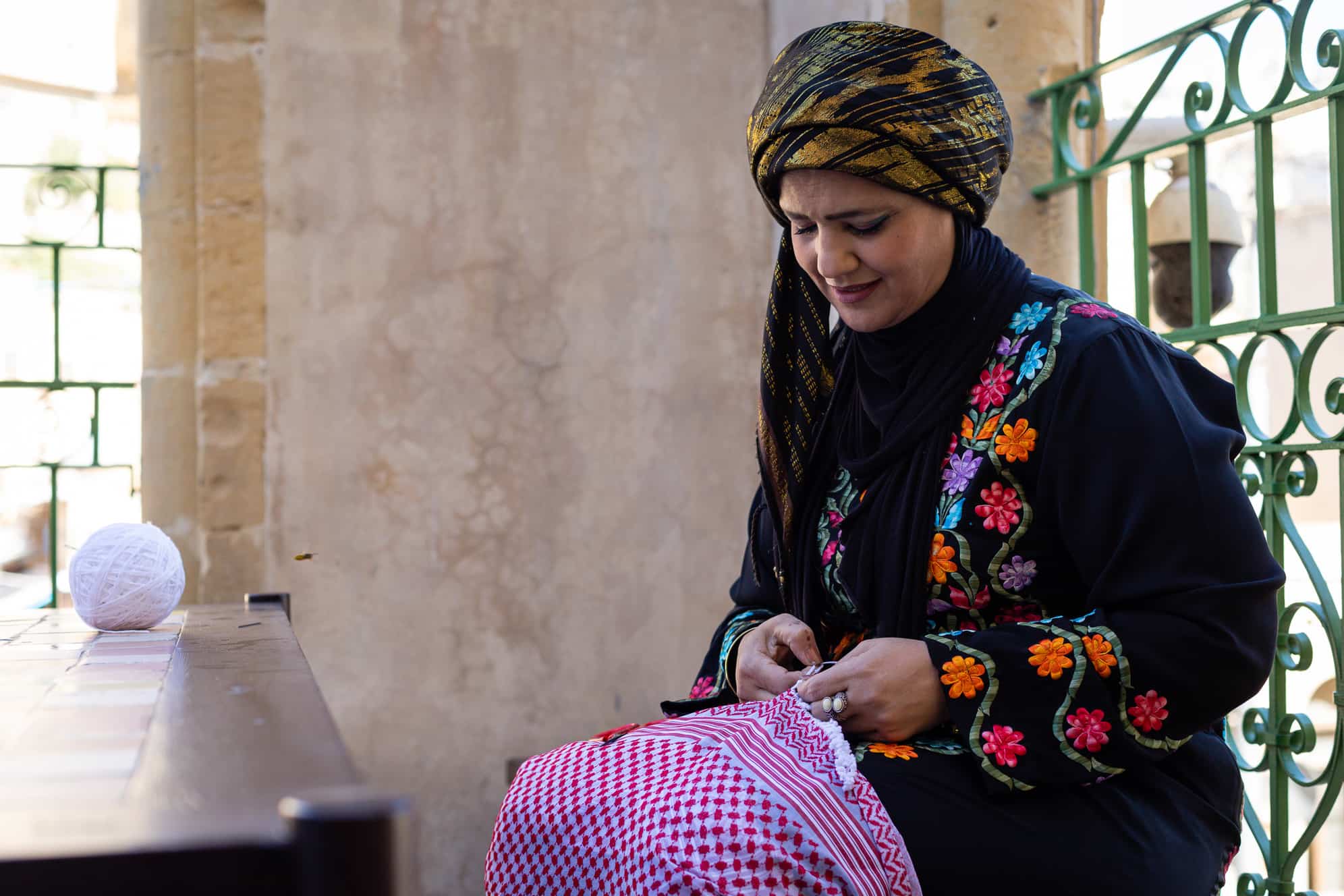
- 23 Apr 2022
While stellar advancements in science and technology have remarkably improved our connectivity, they have also disconnected people – from the environment, each other, and their own selves. In a world that’s becoming ever busier and lonelier, it’s only natural to seek feelings of groundedness and connection. On a similar note, travellers are no longer satisfied with conventional, run-of-the-mill itineraries. Instead, they are hungry for meaning, seeking experiences that lead to some sort of discovery, insight, or inspiration.
Community-based tourism (CBT) is a form of tourism where local communities – often living in remote, rural areas – host travellers to stay and experience their way of life. In doing so, travellers get a real glimpse of the local experience while ensuring their visit makes a genuine difference. By enjoying local products and services, travellers invest in local communities and help them generate income streams in otherwise economically-marginalised areas.
In fact, travellers have time and time again proven their willingness to spend more on experiences they deem as meaningful and authentic. The latest sustainability report by Booking.com showed that 73% of travellers would like to have authentic experiences that are representative of the local culture, 84% believing that preservation of cultural heritage is crucial and 76% wanting their economic contribution to be spread equally throughout society. As such, donors, partners, and development actors must note the opportunity CBT presents in fostering a conducive environment for inclusive development.
Other than inclusion, the model also helps in economic diversification and resilience. Through tourism development, communities no longer rely exclusively on primary sectors like agriculture, which is prone to climate change and other ecological shocks. By diversifying income streams, they improve their livelihoods and strengthen their resilience.
Developing community-based tourism also means more foot to otherwise unfamiliar, off-the-beaten-track destinations. This creates an opportunity for developing more entrepreneurial projects to cater to visitors’ needs. For example, homestays would need services like cleaning, cooking, transport, and administration. Similarly, trails and treks inevitably employ guides, cooks, experience providers, and storytellers, creating a collective, exponential impact for the community at large.
At LI, we utilise CBT as a model for a futureproof tourism industry. Through our Curated Experience project in Jordan, we work with stakeholders across the tourism value chain to provide local communities with a platform to leverage the value added in embracing and sharing their cultural and natural heritage. In doing so, we promote local economies by fostering entrepreneurship and job creation while developing genuine, authentic experiences for travellers to always cherish and remember.
